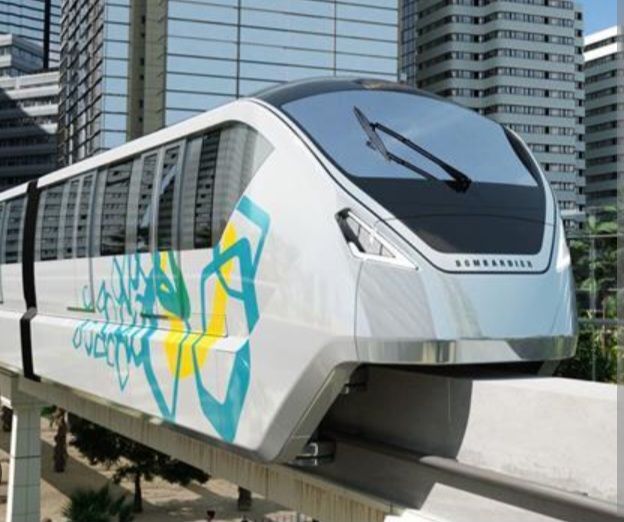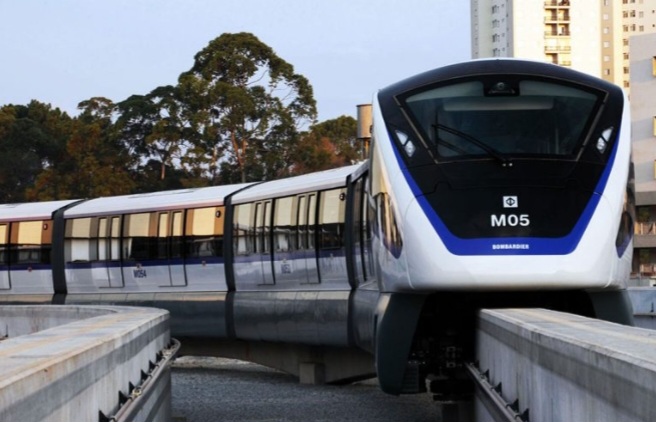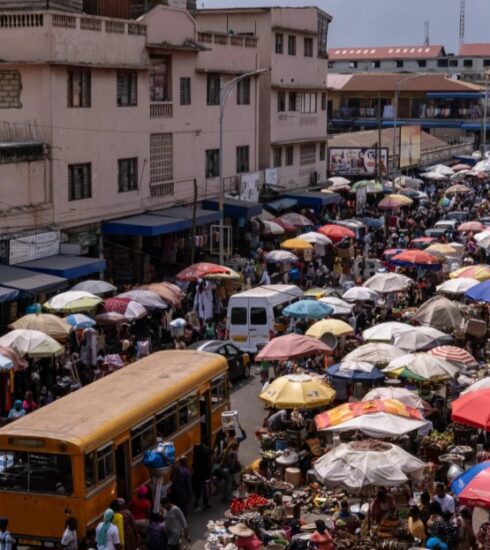The Cairo Monorail Project: Transforming Urban Mobility and Boosting Egypt’s Travel Industry
The Cairo Monorail project stands as a testament to Egypt’s commitment to modernizing its infrastructure and improving urban mobility. As one of the largest monorail systems in the world, this ambitious project is set to transform the way residents and visitors navigate the sprawling metropolis of Cairo and its surrounding areas. With its innovative design, sustainability features, and capacity for high passenger volume, the Cairo Monorail promises to enhance not only daily commuting but also the broader travel industry in Egypt.
The Cairo Monorail Project
The Cairo Monorail is composed of two primary lines: the East Nile Monorail, connecting Cairo to the New Administrative Capital (NAC), and the West Nile Monorail, linking Cairo with 6th of October City.
1. East Nile Monorail (New Administrative Capital Line):
Spanning 54 kilometers with 21 stations, this line facilitates access to the NAC, a futuristic city designed to alleviate the congestion of Cairo.
2. West Nile Monorail (6th of October City Line):
Covering 42 kilometers and consisting of 12 stations, this line connects Cairo with significant residential and industrial areas.

Both lines will feature driverless, eco-friendly trains capable of transporting up to 45,000 passengers per hour at speeds of up to 80 km/h (50 mph). With its completion, the monorail is expected to significantly reduce travel times and provide a reliable alternative to congested road networks.
Benefits to the Travel Industry in Egypt
The Cairo Monorail project presents numerous benefits that extend beyond local commuters, positively impacting Egypt’s travel and tourism sectors:
1. Enhanced Accessibility:
By connecting major urban areas, the monorail will make tourist attractions more accessible. Tourists will be able to reach historical sites, cultural centers, and business districts more easily, thereby increasing foot traffic and stimulating local economies.
2. Sustainable Travel Options:
The monorail offers an environmentally friendly alternative to traditional modes of transport, aligning with global sustainability goals. As tourism increasingly prioritizes eco-conscious choices, the monorail’s green credentials can attract environmentally aware travelers.
3. Economic Growth:
Improved transportation infrastructure is a catalyst for economic development. The monorail will create jobs during its construction and operational phases, contributing to local employment and boosting the economy.
4. Tourism Diversification:
With the introduction of modern transport systems, Egypt can diversify its tourism offerings, promoting urban tourism alongside its well-known historical and archaeological sites. The monorail will enhance urban experiences, making cities more appealing to international visitors.
5. Reduction in Traffic Congestion:
One of the most pressing issues in Cairo is traffic congestion, which can deter tourists and hinder business operations. The monorail will help alleviate this problem, making it easier for tourists to explore the city without the frustration of gridlocked roads.

6. Cultural Exchange:
Enhanced mobility encourages cultural exchange by connecting diverse communities within the city. Tourists will have the opportunity to experience different neighborhoods and local traditions, enriching their travel experience.
7. Boosting Domestic Tourism:
As travel becomes more convenient, domestic tourism is likely to rise. Egyptians will have greater opportunities to explore their own cities and regions, fostering national pride and contributing to local economies.
The Cairo Monorail project is more than just an infrastructure initiative; it represents a transformative step towards a more modern, efficient, and sustainable transportation network in Egypt. As it connects key urban areas and reduces travel times, the monorail will undoubtedly play a crucial role in revitalizing the travel industry. By enhancing accessibility, promoting sustainable travel, and supporting economic growth, the Cairo Monorail has the potential to reshape Egypt’s urban landscape and elevate its status as a prominent destination in the global travel market. As the project progresses, it will not only improve daily commutes but also open up a world of opportunities for tourists and residents alike, solidifying Egypt’s position as a vibrant hub of culture and tourism.







